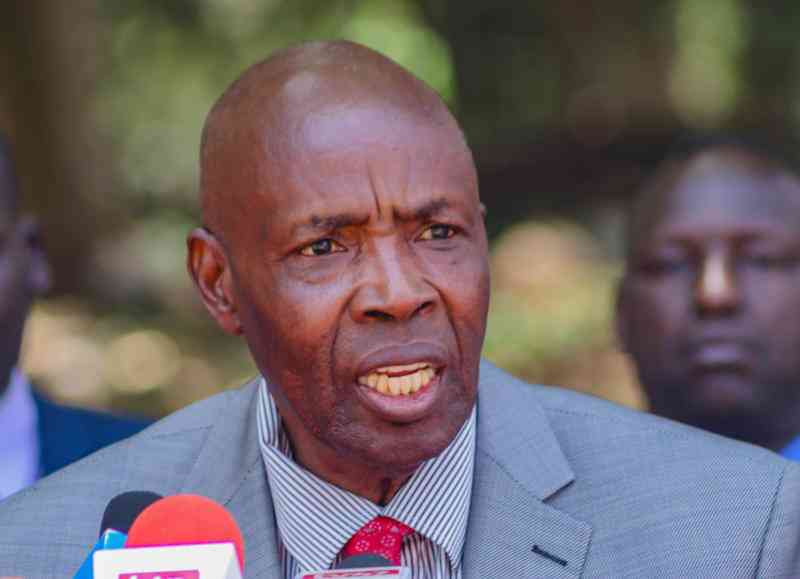×
The Standard e-Paper
Fearless, Trusted News

Education Cabinet Secretary Ezekiel Machogu is on the spot for failing to push for the immediate release and disbursement of Sh9.6 billion capitation to schools to implement the transition to Junior Secondary School (JSS).
It is now emerging that the slow distribution of textbooks in schools, additional levies burdening parents and the many logistical nightmares in JSS rollout is a result of the failed prompt disbursement of capitation money to public schools.